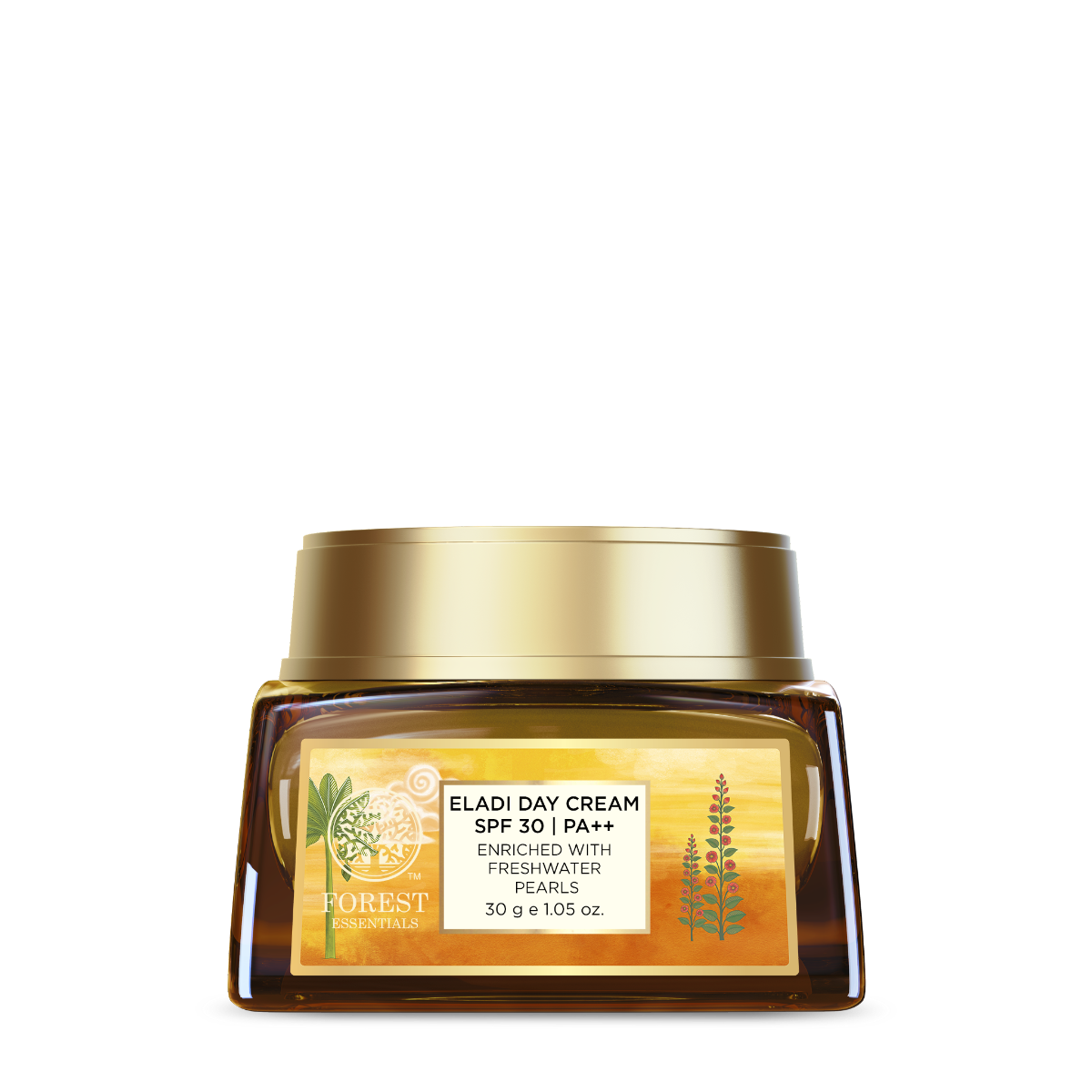Hyperpigmentation is a common skin condition characterised by darkened areas of the skin. These patches can vary in size and can develop on any part of the body, including the face. Understanding the causes, prevention methods, and treatment options can help manage and reduce skin discoloration effectively.
What is Hyperpigmentation?
Hyperpigmentation on face or body occurs when the skin produces excess melanin, the pigment responsible for skin colour. This results in darkened areas or patches on the skin, commonly referred to as skin discolouration. It can affect people of all skin types but is more prevalent in those with darker skin tones due to the higher melanin content.
Common Causes of Hyperpigmentation

Understanding the hyperpigmentation causes is crucial for effective prevention and treatment. Some common causes include:
1. Sun Exposure
Prolonged and unprotected exposure to the sun is one of the leading causes of hyperpigmentation. UV rays stimulate the production of melanin as a natural defence mechanism, leading to sunspots or age spots, particularly on the face.
2. Inflammation
Skin trauma or inflammation resulting from acne, eczema, or injuries can lead to a type of hyperpigmentation known as post-inflammatory hyperpigmentation (PIH). This often appears as dark spots on the face after the underlying condition has healed.
3. Hormonal Changes
Hormonal changes, particularly during pregnancy or from taking oral contraceptives, can trigger a condition known as melasma. This type of hyperpigmentation commonly affects the face, creating large, dark patches.
4. Medications
Certain medications, such as chemotherapy drugs, antibiotics, and some antimalarial drugs, can cause skin pigmentation changes as a side effect.
5. Medical Conditions
Conditions like Addison’s disease and haemochromatosis can also lead to increased melanin production.
Preventing Hyperpigmentation


Preventing hyperpigmentation involves adopting habits that protect the skin and minimise the risk of dark spots.
1. Sun Protection
Consistent use of sunscreen with an SPF of 30 or higher is crucial. Reapply every two hours and use additional protective measures like hats and sunglasses to shield the face from direct sunlight.
The Forest Essentials’ Sun Fluid SPF 50 | PA++ is a sheer, hydrating formula that effortlessly glides over the skin, delivering sun protection and skin benefits. Enriched with Natural Zinc Bhasma, Tender Coconut Water and Turmeric, this fast-absorbing sunscreen protects your skin from both UVA/UVB rays and leaves it with a dewy finish.
2. Avoid Picking at the Skin
Refrain from picking at acne, scabs, or other skin conditions to prevent inflammation and the subsequent development of PIH.
3. Use Gentle Skin Care Products
Opt for non-irritating, gentle skincare products to maintain a healthy skin barrier and reduce the risk of inflammation and pigmentation.
4. Hormonal Management
For those experiencing melasma, managing hormonal fluctuations through medical advice and appropriate treatments can help control problem.
Hyperpigmentation Treatment Options


There are various treatment options available, ranging from over-the-counter products to natural remedies. The choice of treatment depends on the severity and type of hyperpigmentation.
Topical Treatments
Over-the-Counter Products
Hydroquinone: A common ingredient in hyperpigmentation products that helps lighten dark spots.
Retinoids: To promote cell turnover and fade pigmentation over time.
Vitamin C: An antioxidant that brightens the skin and reduces pigmentation.
Natural Remedies
Aloe Vera
Aloe Vera contains aloin, a natural depigmenting compound that can lighten skin and treat hyperpigmentation. Apply pure Aloe Vera gel directly to the affected areas.
Liquorice Extract
Liquorice extract contains glabridin, which helps inhibit the production of melanin. It can be found in various over-the-counter creams and serums.
Green Tea Extract
Green Tea extract is rich in antioxidants and can reduce melanin production. Applying Green Tea extract topically or using skincare products containing this extract can be beneficial.
Apple Cider Vinegar
Apple Cider Vinegar contains acetic acid, which may help lighten pigmentation. Dilute Apple Cider Vinegar with equal parts water and apply it to dark spots for a few minutes before rinsing.
Turmeric
Turmeric contains curcumin, which has anti-inflammatory and antioxidant properties. Mixing Turmeric powder with Honey or Yoghurt and applying it as a mask can help lighten pigmentation over time.
For those seeking natural remedies in a convenient form, the Forest Essentials Facial Care range offers products enriched with potent ingredients that target concern and brighten the complexion. These products provide an effective, holistic approach to skincare, combining traditional Ayurvedic wisdom with modern efficacy to enhance and even out skin tone.
Dietary Changes
Consuming a diet rich in antioxidants, vitamins, and minerals can support overall skin health and reduce hyperpigmentation. Foods high in Vitamin C, Vitamin E, and Omega-3 Fatty Acids can help improve skin tone and reduce pigmentation.
Regular Exfoliation
Exfoliating the skin regularly helps remove dead skin cells and promotes new cell growth, which can reduce the appearance of hyperpigmentation. Use gentle exfoliants, such as those containing alpha hydroxy acids (AHAs) or beta hydroxy acids (BHAs).
Conclusion
Hyperpigmentation is a common but treatable condition. By understanding the causes and employing preventive measures, such as sun protection and gentle skincare routines, you can minimise the risk of developing hyperpigmentation. Various treatment options, including natural remedies and dietary changes, can address existing concern and improve skin discolouration. Always consult with a dermatologist to determine the best course of action tailored to your specific needs.
FAQs
What is hyperpigmentation?
It’s a common skin condition where certain areas of the skin become darker than the surrounding skin due to excess melanin production.
How to get rid of hyperpigmentation?
It can be treated with topical treatments like hydroquinone, retinoids, and Vitamin C. Natural remedies such as Aloe Vera, Liquorice extract, and Turmeric can also help. Regular exfoliation and a diet rich in antioxidants may improve skin tone.
How to avoid hyperpigmentation?
To prevent hyperpigmentation, use sunscreen with at least SPF 30, avoid picking at the skin, use gentle skincare products, and manage hormonal changes under medical guidance.
Does hyperpigmentation fade away naturally?
Yes, It can fade away naturally over time, especially if the underlying cause is addressed. However, this process can take several months or longer.
Does pigmentation spread on the face?
Pigmentation itself does not spread, but new spots can develop if the underlying causes, such as sun exposure or hormonal changes, are not managed.
What affects hyperpigmentation?
Factors that affect hyperpigmentation include sun exposure, skin inflammation, hormonal changes, certain medications, and underlying medical conditions.
References
https://www.ncbi.nlm.nih.gov/pmc/articles/PMC9165630
https://www.vogue.in/beauty/content/how-to-treat-dark-spots-on-indian-skin
https://www.vogue.in/beauty/content/how-to-treat-dark-spots















